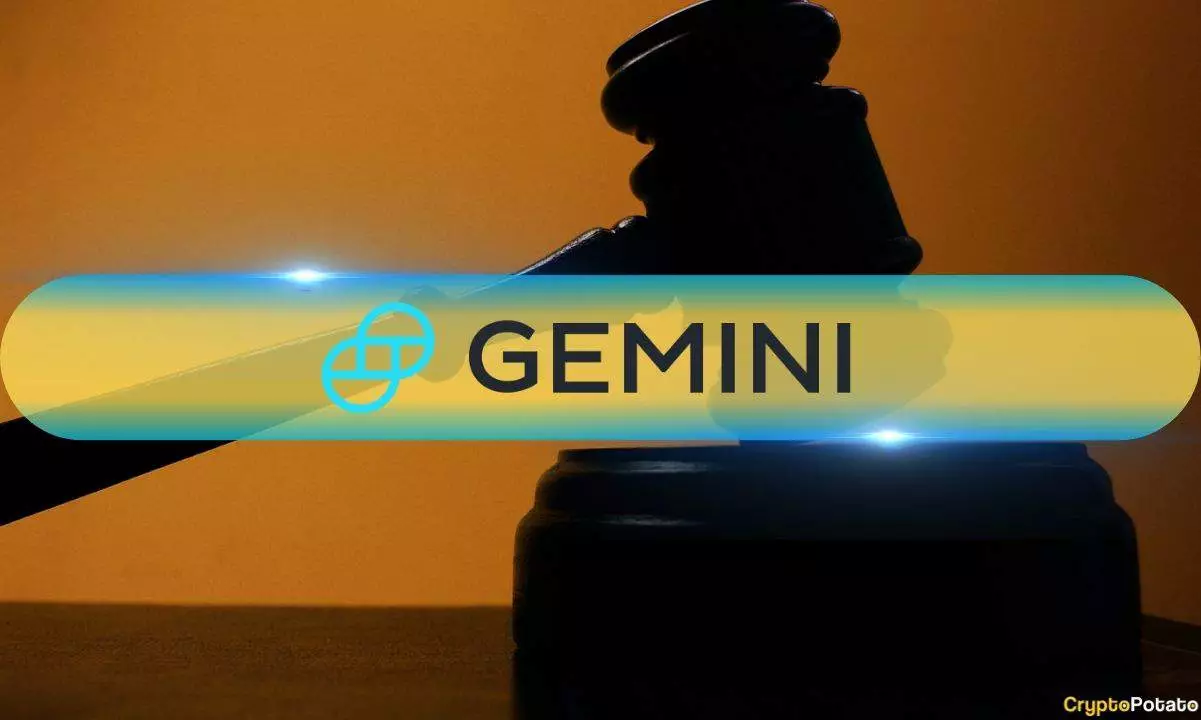In a significant development for the cryptocurrency sector, Cameron Winklevoss, co-founder of Gemini, announced the conclusion of the U.S. Securities and Exchange Commission’s (SEC) investigation into his cryptocurrency exchange. This announcement comes as a relief to many stakeholders, particularly given that the inquiry had persisted for nearly two years, marked by heightened scrutiny and a Wells Notice issued to Gemini nine months prior. The SEC’s decision not to pursue enforcement actions against Gemini is portrayed by Winklevoss as a landmark moment in what he claims is the resolution of a relentless war against cryptocurrencies.
This decision may suggest a shifting stance from the SEC, which has also recently withdrawn lawsuits against notable cryptocurrency platforms such as Coinbase. However, Winklevoss remains vocal about the substantial damage already inflicted on the digital currency ecosystem. He denotes the financial toll on Gemini alone as staggering, encompassing millions spent on legal fees and the lost potential of new innovations.
Winklevoss articulates a critical view of the SEC’s broader regulatory framework, arguing that it has inadvertently stifled innovation within the industry by instigating an atmosphere of fear among entrepreneurs. The uncertainty stemming from vague regulations, he claims, has deterred engineers and creative thinkers from pursuing significant advancements within the cryptocurrency space. The once vibrant atmosphere for startups has been dulled into a quagmire of bureaucratic confusion, hampering technological progress at a pivotal moment in an evolving market.
Many in the cryptocurrency community share Winklevoss’s concerns, noting that regulatory clarity is essential for nurturing innovation. The challenges posed by regulatory ambiguity often lead to caution among potential investors and developers, who may choose to forgo promising projects rather than gamble in an unclear environment.
In light of these challenges, Winklevoss has proposed a bold set of reforms aimed at ensuring accountability among regulatory bodies like the SEC. A proposed reimbursement policy requiring the SEC to cover triple the legal costs incurred by businesses facing enforcement actions is particularly notable. This could potentially deter the SEC from pursuing unjust investigations regarding ambiguous regulations in the future.
Moreover, he emphasizes the need for personal accountability among SEC officials involved in investigations he deems unjust. He suggests that those engaged in enforcing ambiguous or unsubstantiated regulations should face repercussions, including a lifetime ban from holding government positions—especially for figures like former SEC chair Gary Gensler, whom he accuses of “weaponizing the law.”
Winklevoss’s vision underscores a larger issue at play: the necessity of rebuilding trust between regulatory authorities and the cryptocurrency community. As the industry continues to evolve rapidly, it remains crucial for regulatory frameworks to adapt correspondingly, providing a balanced approach that nurtures innovation while safeguarding investors.
While the SEC’s recent decisions mark a hopeful turning point, Winklevoss’s critique highlights the scars left by earlier scrutiny. As the cryptocurrency space navigates its future, the need for clear, informed, and sensible regulations becomes more critical than ever, ensuring that the innovations shaped today can flourish in tomorrow’s landscape.















